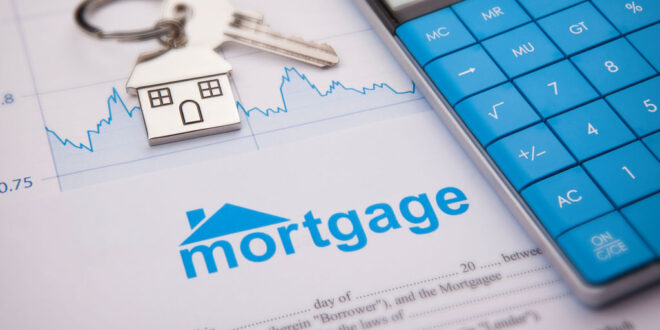As an owner of a business you are probably looking for multiple ways to grow it, but how are you supposed to do that when most of your budget goes into renting an office or a building? If you are in this kind of situation then we advise you to consider a commercial mortgage.
If you are not familiar with it, it can be complicated at first, but it works quite similarly to a traditional mortgage. You borrow money by using the property as collateral, however, there are some things different because you are buying the land that is meant to be used for business purposes.
It is commonly used by companies to expand their business or for the development of offices or other land or property. Believe it or not, but when it comes to restaurants, shopping malls, bars, and other similar establishments, securing a business to a property is the number one source for financing the future of a business plan.
Keep in mind, even though commercial and residential mortgages may look quite similar, there are a few key differences between these two. To help you understand how it works, we are going to give you an insight into those differences, the rates, and terms and other information that you might find useful.
Personal income is not a factor

When you are looking for a loan as an individual and when you are ready to use your property as collateral, the lender or the bank still have to look through your history of income. They want to make sure that the chances of you paying back that debt is high enough.
But, when it comes to commercial mortgage, the lender does not go through your personal income because that doesn’t necessarily mean that it affects the company. The company will be paying back the debt in the future and not a certain individual.
However, they will require some information from you. You will need to convince the lender about the success chance of your business plan and that the investment into a property from the loan will provide the company with enough income in the future to settle the debt.
You will also have to provide the bank with information about the property you are looking to buy. The date it was constructed, renovations, general condition, and structural integrity, location and any other bits of info that would convince them to approve your request.
Terms

You probably have a lot of questions regarding the terms of commercial mortgages, but the truth is, that kind of question does not have one simple answer. The terms can vary a lot. According to Loan Officer Kevin O’Connor, when it comes to a residential mortgage, it is repaid as a monthly fee over a period of time. Individuals have the option to choose just how long they will be repaying their debt. It can be anywhere from ten, fifteen years and up to 30 years. The longer the debt is repaid, the smaller the monthly fees, but the interest rate goes up which means you will pay back a lot more in thirty years then you would in fifteen.
To further explain the differences between commercial and residential, we’ll give you an example. A borrower gets a $300,000 loan with a 20-year plan and an interest rate of five percent. This means that they would have to do 240 monthly payments of $1,312.5 and after that’s’ done, the debt has been completely repaid.
Well, here come the differences of a commercial loan. These usually last anywhere between three to fifteen or twenty years, but the term of the loan is actually shorter than the amortization period. In this case, the borrower (a company) pays a monthly fee for a certain amount of time while the term of the loan lasts and after that has been repaid, they will need to make a balloon payment which is usually at least twice the amount of the previous loan.
Fees

When working with a lender you will probably be faced with this set of fees:
- Legal
Since the administrative work such as going through the application, office management, maintaining the data and other similar tasks is much more complicated than a traditional loan, the legal fees will be much higher than usual. As a business owner you will also need to have your own legal representation which you will also have to pay, so add that to the total of legal fees too.
- Broker
We believe that getting a commercial mortgage without a broker is not a smart move which is why you should always work with one. They usually charge a fee of 1 or 2 percent, but it could be even higher, depending on their services. Although, there are some brokers that don’t even charge a fee if the application doesn’t go over a certain amount. You can check Clopton Capital for more information about the mortgage brokers.
- Valuation
A lender needs to ensure that the borrower is making a solid investment into a property which is why they need to evaluate it. The higher the value of the property you are investing it, the bigger the chances that you (the company) will repay the debt on the time. But, the valuation comes at a cost which means you will need to pay a fee for that too.
- Booking
The Arrangement fee or sometimes called the completion or booking fee is a charge made by the bank or the lenders for arranging the loan. Although, you probably won’t have to pay it upfront. You either pay it at the end of the loan or it is calculated into the monthly payments.
Keep in mind that some lenders will expect that you pay up-front, and if you decide to cancel the loan, it might not be refundable. Paying one or two percent of the loan is not a small amount, so make sure you are comfortable with the decision you have made for your business.
 Hi Boox Popular Magazine 2024
Hi Boox Popular Magazine 2024



